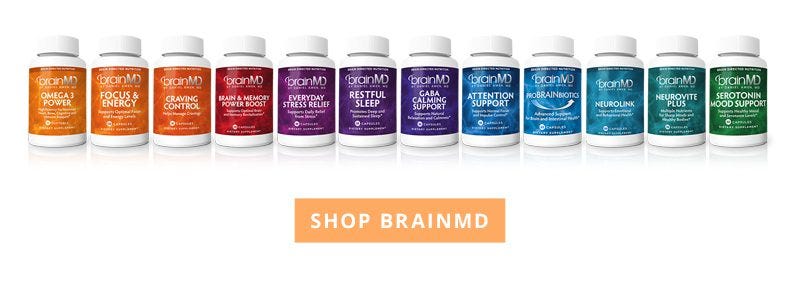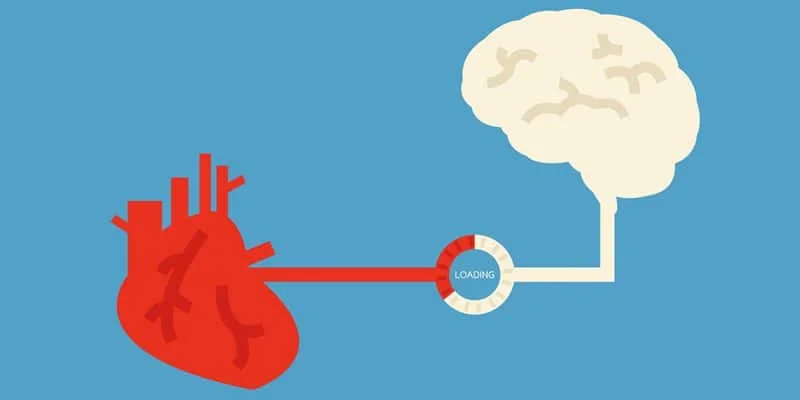3 Natural Ways to Boost Your Mood and Memory
3 Natural Ways to Boost Your Mood and Memory
Well known for building bones, vitamin D is essential for brain and body health. Optimal vitamin D levels can help enhance, protect the health of your organs, boost your overall brain function, and generally improve your well-being.
Key Roles of Vitamin D
Here are some of the most important vitamin D functions:
- It is required for early brain development and for brain health across the lifespan.
- Vital to brain function, its hormone receptors are found throughout the brain.
- Adequate vitamin D blood levels are essential for a healthy pregnancy.
- It plays a critical role in supporting healthy mood and cognitive function, including learning and making memories.
- Several studies have linked higher vitamin D levels to better cognitive function in older men and women.
- Vitamin D and its hormone support healthy circulation and blood flow to the brain.
- It is also important for healthy immune functioning, and for bone, muscle, joint, lung and kidney health.
Vitamin D Deficiency
Vitamin D deficiency is linked to loss of memory, serious mood issues, and problems with the heart and circulation. Elderly people with low vitamin D have a higher risk for cognitive decline, physical frailty and seemingly spontaneous bone fractures.
Unfortunately, vitamin D deficiencies are on the rise, in part because we’re spending more time indoors and using more sunscreen when having fun outdoors. One research study found that 70% of all adults and 67% of children, aged 1-11, don’t have adequate levels of vitamin D in their blood. Depleted levels of vitamin D have been associated with low mood, behavioral difficulties in children, and psychological challenges in adults.
Increase Vitamin D Levels
In the U.S., the current recommended daily dose of vitamin D is 400 International Units (IU). However, this recommendation is decades old and the research since that time has led many experts to agree that 400 IU is well below the physiological needs of most individuals.
It’s been suggested that all adults should take at least 2000 IU of vitamin D daily. To increase vitamin D levels quickly, it’s better to take 5000 IU daily. The only way to know if you’re getting enough vitamin D from your sunshine exposure, foods, and supplements is to check your blood levels. Experts recommend that vitamin D levels be tested every 4-6 months.
If you feel like you need improved cognitive function and overall vitality, here are 3 ways vitamin D can help boost your mood and memory…
3 Ways to Boost Your Mood and Memory
Enjoy the Great Outdoors
Engaging in outdoor activities is important for everyone. Whether you enjoy hiking, biking, horseback riding or just taking a walk with a friend, being outdoors has an overall positive effect on vitality. While enjoying the great outdoors you’ll get the added benefit of sunlight, which is a natural way to increase your vitamin D levels.
Vitamin D Foods
U.S. Government population surveys suggest as many as 9 out of every 10 Americans aren’t getting enough vitamin D from foods. Only a few foods offer adequate sources of vitamin D. Examples are eggs (yolks), spinach, potatoes, and fish (especially wild salmon, tuna, halibut, and mackerel). Wild salmon can contain as much as 988 IU of vitamin D3 per serving, while farmed salmon contains an average of 250 IU – so always try to purchase wild-caught fish.
Get Your Daily Sunshine
When it comes to mood, the scientific evidence is clear; the higher your vitamin D levels, the more likely you are to feel happy rather than blue. Daily exposure to just 10 to 30 minutes of direct sunlight can boost vitamin D levels, which can help improve your mood. Be sure to monitor how much sun you’re getting – too much exposure can lead to severe sunburn and even skin cancer.
If you’re looking for a natural way to boost your mood and memory, BrainMD is proud to recommend…

Vitamin D3 5000 IU
Superior to D2, vitamin D3 (cholecalciferol) is called the “sunshine vitamin” because ultraviolet light stimulates the skin to make it. In the brain, vitamin D3 helps control neurotransmitter production and nerve cell renewal via the actions of growth factors such as NGF (nerve growth factor) and BDNF (brain-derived neurotrophic factor).
Vitamin D3 supplementation promotes healthy mood, memory and other cognitive functions. It also aids cardiovascular function, immune response, and muscle and bone strength.
BrainMD offers a 5000 IU vitamin D3 which raises your levels with just one softgel a day!
At BrainMD, we’re committed to promoting, optimizing, and supporting brain health naturally. Using the most rigorous criteria for selecting the highest quality nutrients, we offer a line of ultra-pure, brain-directed, and clinical strength supplements that can help to boost your mood, memory and overall brain health.
For more information about Vitamin D3 5000 IU and our full list of supplements, visit us at BrainMD.
- This Is What You Need to Know About HBOT
Medically Reviewed by Dr. Nicole Avena - April 22, 2024 - Hormone Changes in Men: How to Know If You Have Low Testosterone! - April 15, 2024
- This Is What You Need to Know About EMDR Therapy! - April 11, 2024




